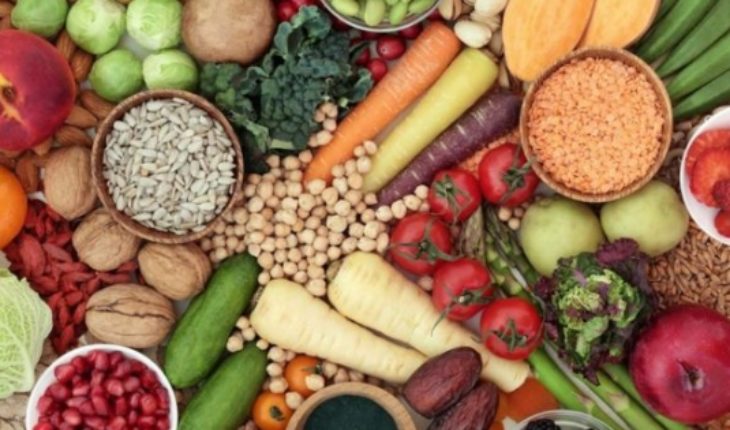It is undeniable that concerns about the environment have grown in recent years. That has led to more and more people becoming vegetarian or vegan, aware of how the livestock industry has a share of responsibility for global warming.
In addition to health, another factor influencing the decision not to consume meat is the abuse of many of the animals intended for human consumption.
That is why it is not surprising that students request meatless menu from the establishments and that it is news that in the recent COP25 held in Madrid – after cancellation in Chile – there were not many food alternatives for those who do not consume products of animal origin.
As of 2018, the National Environmental Survey established that one and a half million Chileans did not consume meat. In fact, 78% of respondents agreed or very much agree that incorporating more vegetables and less meat into their diet helps take care of the environment.
In turn, 75% said they were willing to reduce their consumption to avoid the environmental consequences of their production. However, becoming vegetarian can be difficult in a society where meat is a fundamental part of food. And being vegan much more, because it involves reviewing labels and staying very informed that products may contain something of animal origin even if you just don’t see them.
Eating can be even unhealthy
A vegetarian or vegan diet may not be healthy if it is full of fries and sugar. all food must be balanced whether or not meat exists. Another aspect to consider is the intake of dietary supplements – such as vitamin b12 – to balance nutrition.
But the food industry is increasingly focused on offering products that seek to mimic common products but without having plant-based ingredients. The problem: the ghost of ultra-processed foods.
It is estimated that by 2026, the vegan market will generate 24.3 billion profits. In 2017, 6% of Americans were declaring the name vegan, leading to 500% industry growth over 2014. Demand for vegan menus in that country also grew by 987% from 2012 to 2017.
The vegan diet is then driving a greater production of plant substitutes. Something that can be profitable if low nutritional value ingredients or very cheap raw materials are used in its manufacture.
Many of these ultra-processed foods are made from unhealthy protein extract, starches or vegetable oils, away from the proposal of a plant- and legume-based diet.
It also remains to be seen what will happen in both consumers and industry in the coming years. Scientific advances lead to food such as milk or meat being produced in laboratories without the need to slaughter animals, which by 2030 would lead to significant cost reduction and could be a real mass-consumption alternative.
Is that the solution or just an alternative?
translated from Spanish: Food industry puts its attention on vegans
January 2, 2020 |





